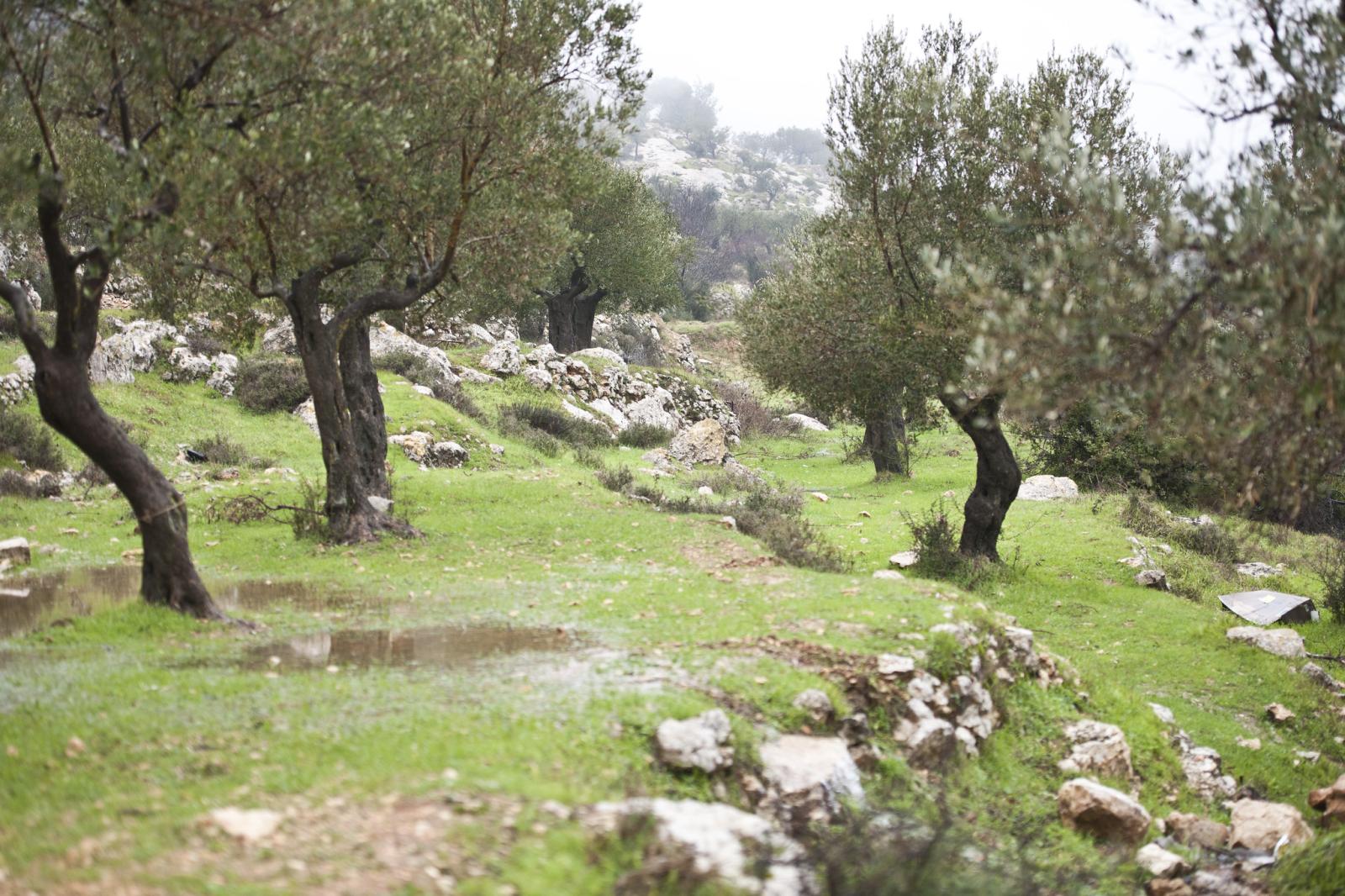In 2021, the Diocese fulfilled its commitment to divest from electrical utility and fossil fuel companies that have not taken any steps to manage their business in line with the Paris Accord.

Our Commitments
One way in which the Diocese of Westminster is seeking to contribute to a solution to the climate crisis is by striving for carbon neutrality by 2030. It has produced a comprehensive plan, comprising 14 policies and 43 separate project streams which rests on four pillars:
Clean energy
Around 90% of parishes currently purchase gas and electricity derived from green sources. The diocese intends all its energy to come from clean sources by 2030. This process is challenging because some parishes have long-term contracts which can’t be unwound. We also have accommodation which is let to private tenants, and it is not possible to compel them to choose a certain supplier.
Working with other churches to use their collective investment portfolios to engage with energy companies to encourage them along the path of decarbonisation
The diocese’s current investment portfolio does not include shares in any major coal producers, producers of oil from oil sands or in any companies that do not engage fully with disclosure projects. At this time, the diocese does not hold shares in any fossil fuel companies.
Carbon emissions from energy usage in parishes and diocesan buildings
There are two simple, but difficult, steps that the diocese will be taking to reduce carbon emissions which are to reduce consumption and eliminate carbon being burnt. The first requires a change in each consumer, a conversion and commitment to reduce consumption. To assist in understanding this more fully, Bishop John Sherrington recently authored an article addressing how each of us can follow the call to Ecological Conversion. The second relies on the uptake of new, cleaner technologies, and will require financial investment.
Generating energy
The Diocese is committed to investing in ways to generate more green energy through such means as solar, ground source and wind.
Towards Clean Investment
The second of these pillars has become part of maintaining a faith consistent investment policy. Value judgements are made about the products, services and corporate practices of companies, as well as assessing their financial efficacy.
While this is common practice with regards to issues such as the dignity and sanctity of life, the diocese has extended the faith consistent policy to only investing in companies who had taken steps to manage their business in line with energy scenarios that limit temperature rises to a level that is well below two degrees Celsius above pre-industrial times.
Furthermore, wherever possible, and subject to proper risk analysis, the Diocese is seeking investments that contribute to or facilitate reductions in greenhouse gas emissions. This currently includes significant allocations in solar and wind infrastructure, battery storage and energy efficiency initiatives, such as retrofitting buildings with more efficient heating and lighting systems. A recent example is the updating of the lights in Westminster Cathedral.
Implementing a broad faith consistent investment policy is a complicated journey which requires continual improvements, amendments, and learning. Happily, the review conducted at year-end 2021 identified 0% holdings in the portfolio being in breach of the policy.
The diocesan investment managers have made it a priority to engage with companies around issues of climate change. For instance, engaging with DS Smith on the commitment to net zero which resulted in a successful commitment by the company to accelerate its intensity reduction target by 2030. Additionally, they used their voting rights to challenge Deere & Company’s executive compensation because of its lack of clarity on whether it included climate change factors.
Engagement has also taken place around issues to do with modern slavery in the supply chain of listed companies, promoting high standards of mental health protection for employees, and improved governance. Taking a holistic perspective of all these issues corresponds to Cardinal Vincent’s words in a recent radio interview: ‘this is a crisis with many dimensions: in healthcare, food supplies, economies, migration, refugees and modern slavery.’
As Bishop John Sherrington put it in his article, ‘At the heart of this understanding is an understanding of integral human ecology which reflects on the set of relationships between persons and with the whole of creation. It includes our relationships with the unborn child, the elderly, the gift of sexual dignity, marriage, family, the world of work and all social and economic relationships.’
Image: Mazur/cbew.org.uk
